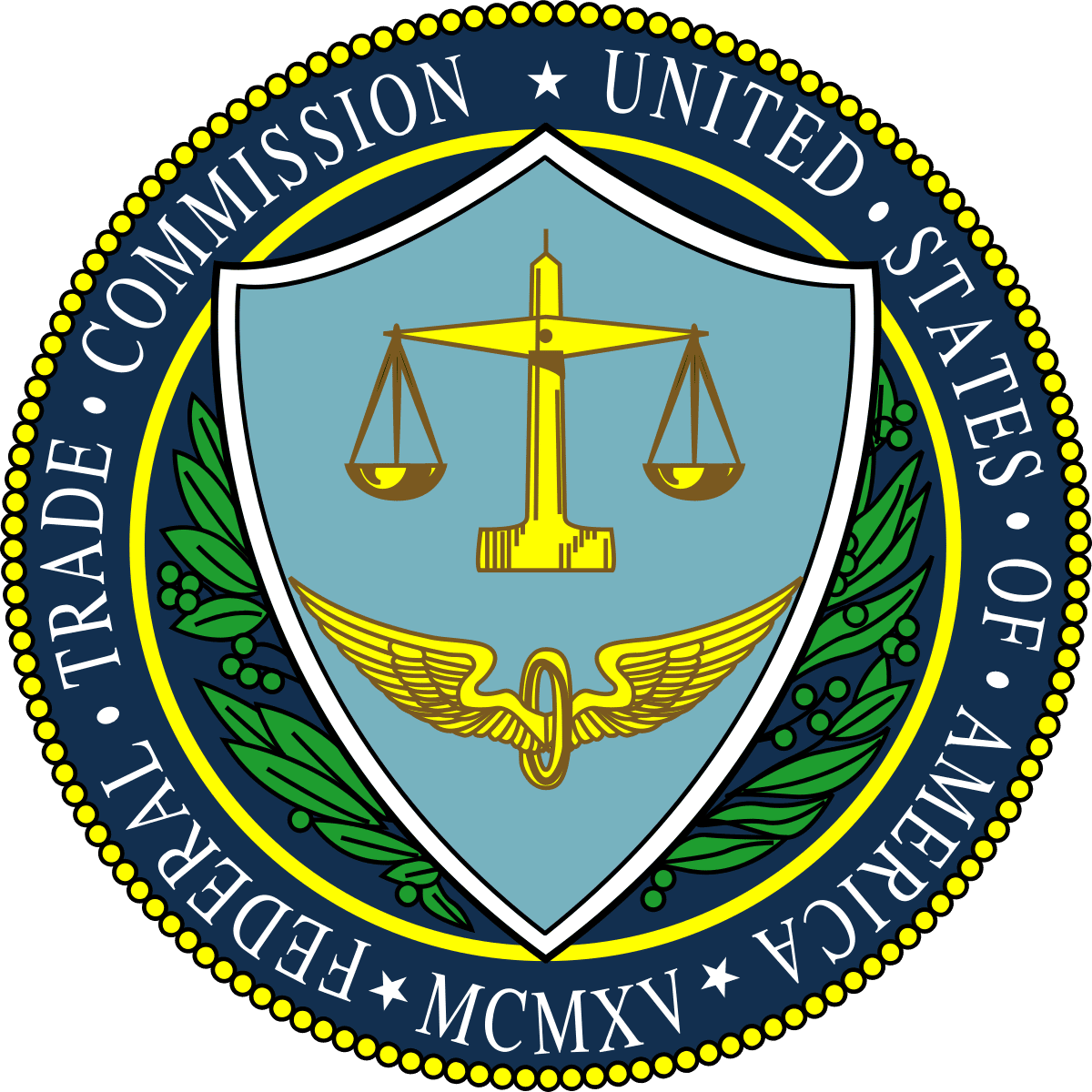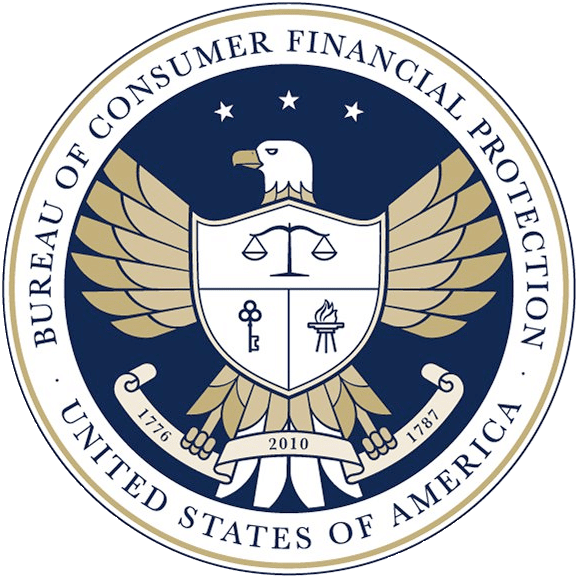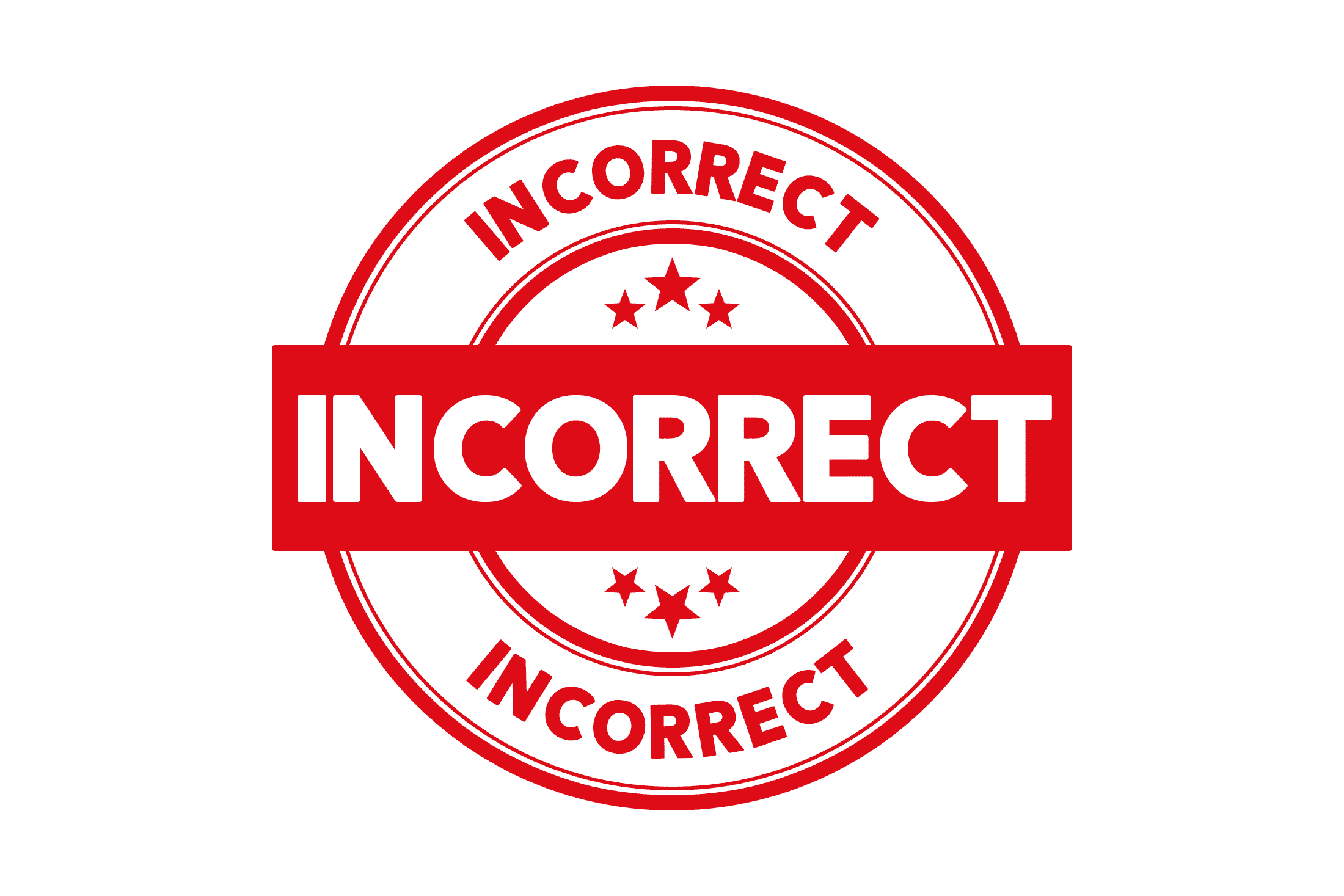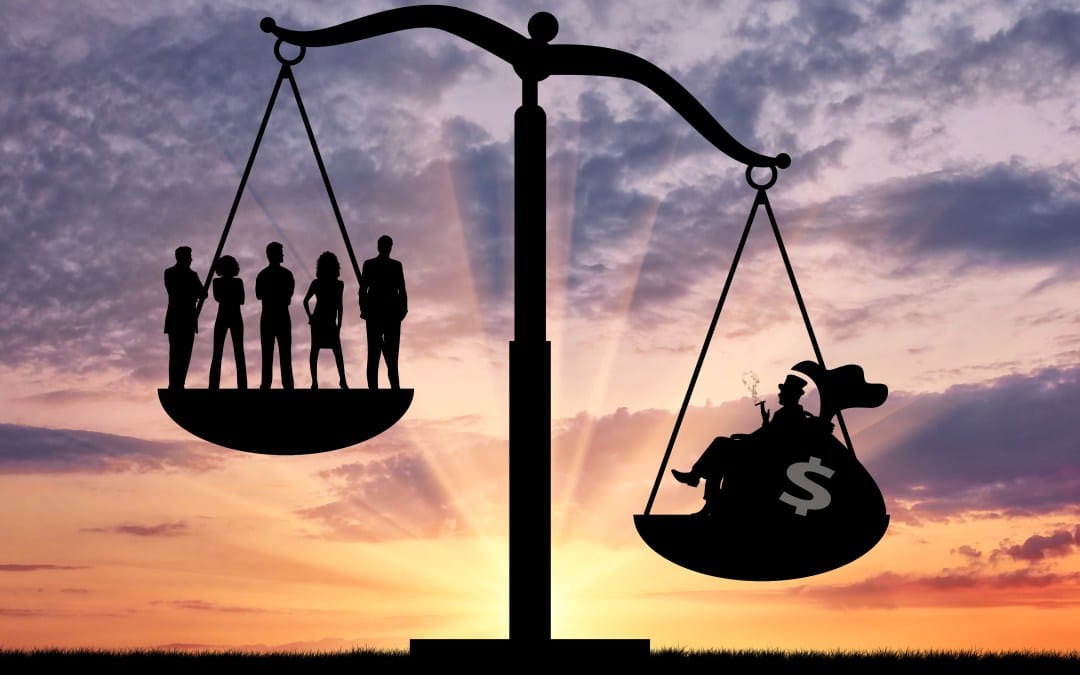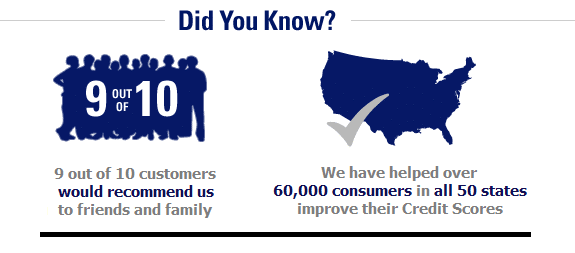A credit bureau is a company that collects information from various sources including credit furnishers and third-parties and provides credit information on individual consumers for a variety of uses. It is an organization providing information on individuals’ past and present borrowing and bill-paying habits. Credit bureaus are sometimes referred to as Credit Reporting Agencies (CRA).
Most consumer credit information is collected and kept by the four major national credit reporting agencies: Experian (formerly TRW Information Systems & Services and the CCN Group), Equifax, TransUnion, and Innovis (which was purchased from First Data Corporation in 1999 by CBC Companies).
These organizations are for-profit businesses and possess no government affiliation. Though they are competitors, they have formed a trade organization called the Consumer Data Industry Association (CDIA) to establish reporting standards and lobby on behalf of their industry issues in Washington.





